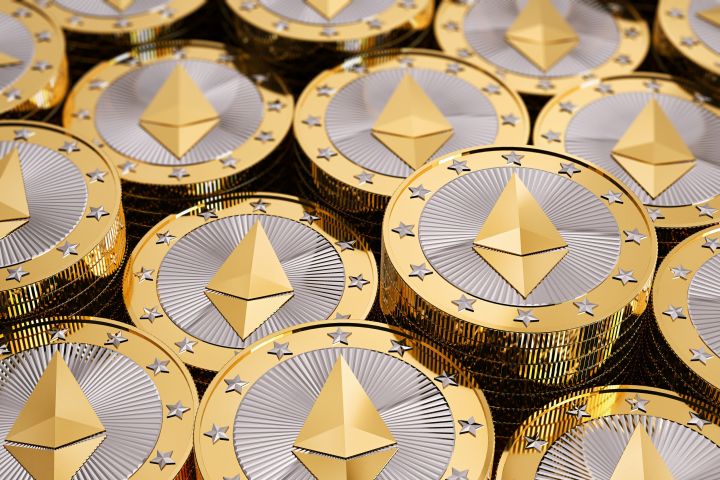
According to Tripwire, trading platform CoinDash began its ICO at 1 p.m. (GMT). Three minutes later, investors figured out that the link for sending Ether, a type of digital currency, was taking them to the wrong deposit location. Within those three minutes, the hacker managed to accumulate more than $7 million before CoinDash terminated the ICO and removed the page.
“The moment the token sale went public, the CoinDash website was hacked and a malicious address replaced the CoinDash Token Sale address,” CoinDash said. “As a result, more than 2,000 investors sent ETH to the malicious address. The stolen ETH amounted to a total of 37,000 ETH.”
Ether is the digital currency of the world’s second most popular cryptocurrency network, Ethereum. This platform consists of smart contracts, which are essentially bits of code that will execute when certain requirements are fulfilled. These “apps” are listed on the Ethereum network using what is called a blockchain, which serves as a registry that records all transactions. Ether, abbreviated as ETH, is what’s used to pay for things and services listed on the Ethereum network.
So why not just use real world cash? Because digital currency is decentralized. It’s not managed by banks or the government. Plus, both the merchant and buyer can remain completely anonymous, with a transaction digitally signed and verified by an unknown miner on the associated network. Ether is similar to Bitcoin in purpose although technically they are completely different digital currencies.
Individuals who successfully participated in a private “heads up” for whitelist contributors 15 minutes prior to the public ICO received “tokens” as proof of their CoinDash app investment. However, those who invested Ether using the hacked address are reportedly now demanding a refund. After all, the CoinDash website was not locked down tight, enabling a hacker to insert a simple link that collected millions in stolen digital currency.
However, many Ether users reportedly flocked to social networks and questioned the theft. Was this a genuine hack, or a simple scam using a hack as a cover story? As Tripwire states, there is no evidence to suggest foul play.
CoinDash is currently providing an online form for victims to complete as part of the company’s forensic investigation into the hack. Victims are asked to provide their email address, wallet address, a proven transaction number, and the amount of Ether sent.
“This was a damaging event to both our contributors and our company but it is surely not the end of our project,” CoinDash added. “We are looking into the security breach and will update you all as soon as possible about the findings. We are still under attack. Please do not send any ETH to any address, as the Token Sale has been terminated.”
Despite the hack, CoinDash said that it managed to secure $6.4 million from early contributors and whitelist participants in the 15-minute “heads up” prior to the ICO. Those who sent digital currency to the wrong Ether address during the hack will still receive tokens. Otherwise, investors who sent Ether to the wrong address after CoinDash removed the ICO page will not receive investment tokens.
Update: Added new information provided by CoinDash.


